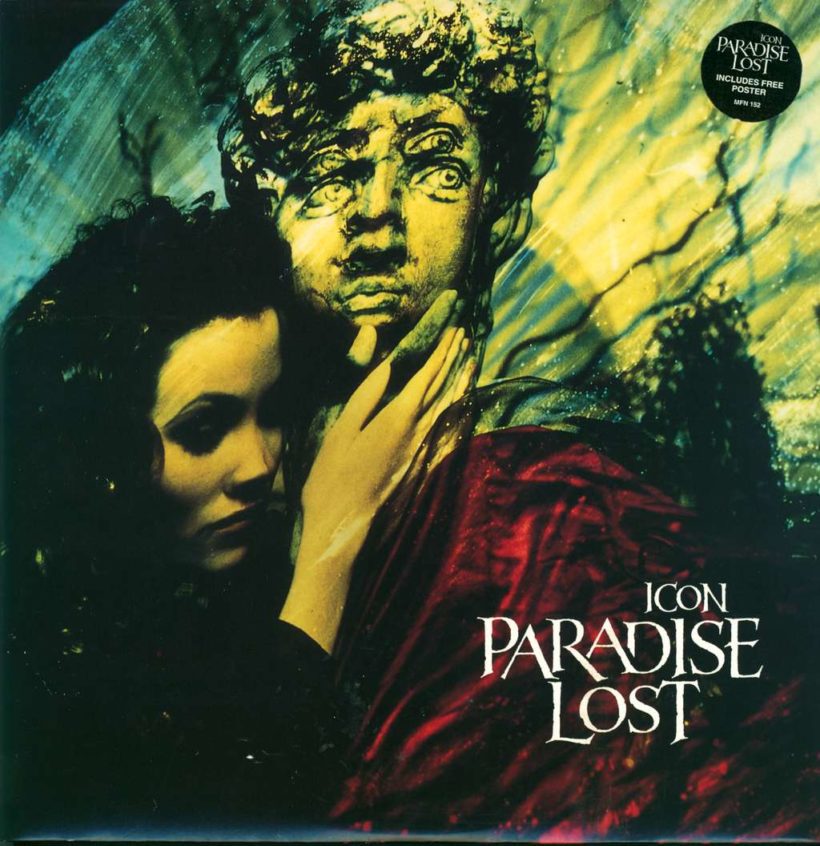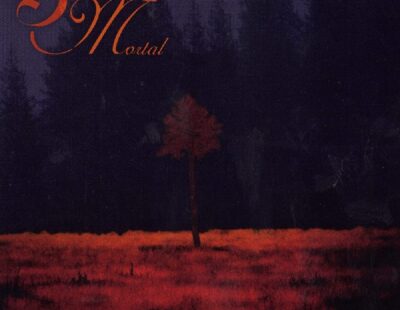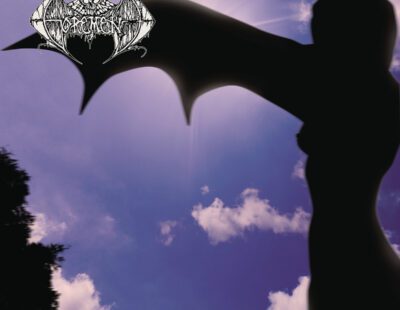
Colossal Reign: The Making of Paradise Lost’s Icon
When Paradise Lost emerged from the death metal underground on 1992’s excellent Shades of God, the community that had revered and were captivated by the Brits’ doom/death metal origins were slightly taken aback. Instantly noticeable were the absence of Nick Holmes’ trademark growl, the DIY production values and the label logo, Peaceville. Upon exiting Paul “Hammy” Halmshaw’s now-legendary indie operation, Paradise Lost were immediately on a different plateau. They had signed to Music for Nations, home to a stable of artists both groundbreaking and historical. But behind the scenes, the Halifax-based low spirits had also signed a management contract, one that persists to this very day. The very things that lined up, at one time, for bands like Metallica, the Cult, Queensrÿche, Trouble and a litany of others were falling into place for five young lads from the north of England. As for the cadre of acolytes clinging desperately to the purity of the Frozen Illusion demo or Gothic’s rapturous intensity, they followed Paradise Lost.
As 1992 waned into 1993, the success of Shades of God, particularly off the back of single “As I Die,” needed a follow-up. And so, Paradise Lost, with 13 songs in tow, returned with producer Simon Efemey, this time to Jacobs Studios (the Smiths, Napalm Death) in Farnham, Surrey. Over June and July, the Brits tracked their fourth full-length, Icon. The recording sessions went on with smooth and consistent inebriation, in studio and out. The result, however, didn’t reflect the party that went on over the summer months of 1993. Tracks like “Embers Fire,” “Widow,” and “True Belief”—all three went on to be singles—and “Forging Sympathy” sealed Paradise Lost’s fate as the “next Metallica,” heavy, melodic and a potential windfall for all involved. But Icon wasn’t simply a set of bangers against a backdrop of filler. There was a deeper, musically wider side to Paradise Lost, indicated years earlier on Gothic. Songs like “Remembrance,” “Dying Freedom,” “Colossal Rains” and “Christendom” were the product of primary songwriter Gregor Mackintosh’s predilection for infusing dark, pensive and atmospheric music into his heavy on Icon. What was previously death metal with gothic sensibilities had become its own sub-genre: gothic metal.
Got to get more Paradise Lost? To read the entire seven-page story, featuring interviews with all members on Icon, purchase the print issue from our store, or digitally via our app for iPhone/iPad or Android.




